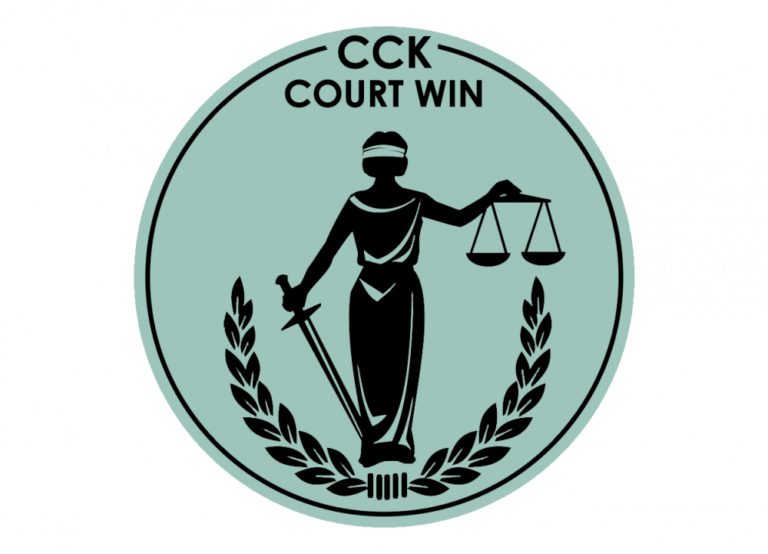Board Fails to Provide Adequate Examination and Discussion of Effects of Veteran’s Bilateral Hearing Loss

CCK Law: Our Vital Role in Veterans Law
Board Denies Veteran Entitlement to Initial Compensable Rating for Service-Connected hearing loss
CCK successfully appealed to the Court of Appeals for Veterans Claims a Board decision that denied the Veteran entitlement to an initial compensable rating for his service-connected bilateral hearing loss, to include extraschedular consideration. In its decision, the Board found that the only symptom the Veteran experienced was hearing loss, which it found specifically contemplated by the 0% rating criteria.
CCK Successfully Argues that the Board Erred in Relying on an Innaccurate Characterization of the Condition and Failed to Comply with a Previous Remand Order
CCK argued, and the Court agreed, that the Board erred when it relied on an inaccurate characterization of the Veteran’s hearing loss because the Veteran also experienced several non-hearing-related impairments, including embarrassment at work, frustration and guilt with his inability to communicate with his family and friends. The Court also agreed that the Board failed to ensure compliance with its previous remand order, which required an examiner to fully describe the effects of the Veteran’s hearing loss. Despite the Veteran’s attempts to discuss his functional effects during the examination, the examiner merely stated “no” when asked if the Veteran had functional effects due to his hearing loss. The Court vacated the Board’s decision and remanded the case back to the Board for further development and adjudication.
About the Author
Share this Post
